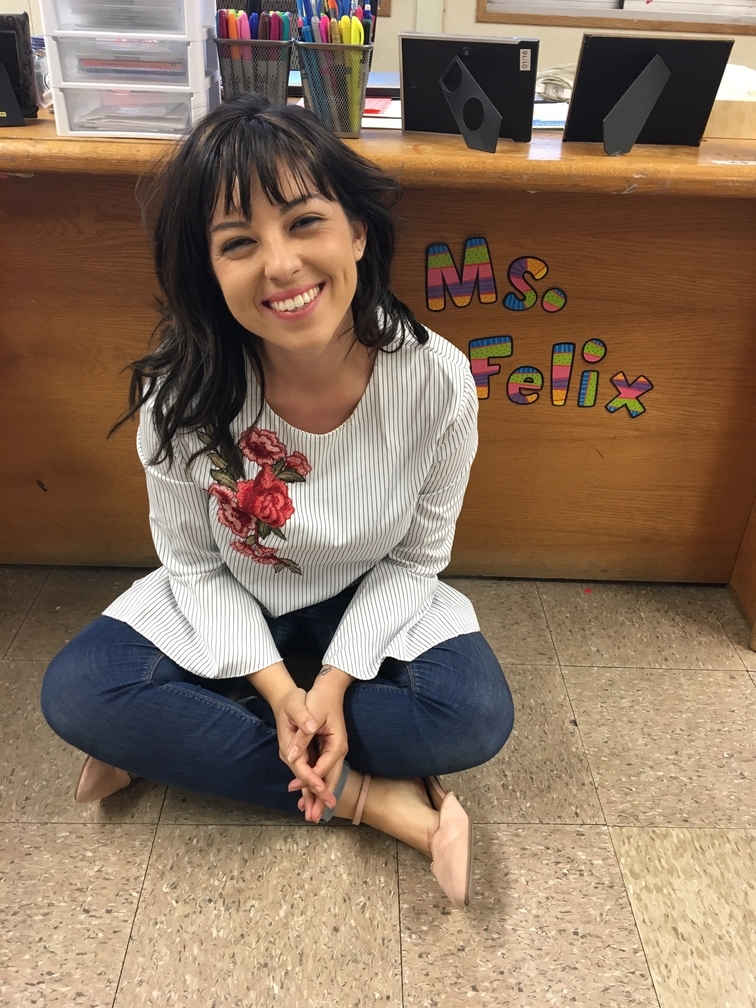Hey, can you send me a picture of you in your classroom to be featured on the GRIT Instagram account?
During a GRIT strategy meeting, I sent this text Natalie, one of my best friends, and a fellow Biola alumna (2013). When I think of Biola women thriving in their chosen fields, Natalie is one of the first people who comes to mind, and I thought a picture of her, plus a short description of what she does, would make a great feature on our Instagram feed.
Instead of a couple of sentences about her work, Natalie wrote the piece below—and I knew we'd need to give her beautiful words a bigger platform than an Instagram caption. Natalie's wisdom and passion consistently enrich my life—I know they'll do the same for yours.

The long answer?
I
started at Biola as an English major. English was always my best
subject, but beyond that, I didn't have much of a plan. I was fortunate
to have some incredible teachers when I was in high school, but doubted
whether I had the personality (or the energy) to teach. Eventually after
a couple switches, I found my way to communication disorders. I loved
all of my classes, but it wasn't until the spring of my senior year I
took a course about hearing loss and felt a pull, a drive to pursue a
career in that field that I had not felt about anything before. Teaching
elementary school was never on my radar, but now I couldn't imagine
doing anything else.
In addition to teaching the elementary
curriculum, I work with my students on listening skills, language
development, speech targets, and much more. Because many of my students
were fitted with their hearing technology when they were a bit older,
often they demonstrate language and/or developmental delays and other
learning challenges.

To be completely honest, some days I still feel like an imposter, and the amount of responsibility I feel now as a teacher is something I don't think I'll ever be comfortable with. I think when I was at Biola, I was waiting to feel this level of settledness or comfort in what I was doing and now I'm not sure I'm supposed to feel that. I make mistakes all the time, I think of ways I could have handled things better all the time, and that's okay. I'm learning to show up, to be fully present--these are things I didn't know how to do when I was in college. I still don't, but I'm determined to never stop learning.
The other day, I came
across a picture of myself on graduation day. I felt a little sad
truthfully, remembering how I was feeling at the time. I wish I could go
back and tell myself that it wasn't "the end," that my best days were
ahead of me, and still are. That it was 100% okay that my only future
plans on that day were to move home and find a part-time job. That the
Lord would soon begin both some magnificent healing and some heavy
lifting in my heart. That although I felt like depression had prevented
me from forming the type of friendships it seemed like everyone around
me had, a "village" would find me, regardless. That the process I began
doesn't have a deadline or expiration date. I'm in process, in progress,
and it's okay. I'm okay.
Okay, the really long answer.

 Biola University
Biola University




